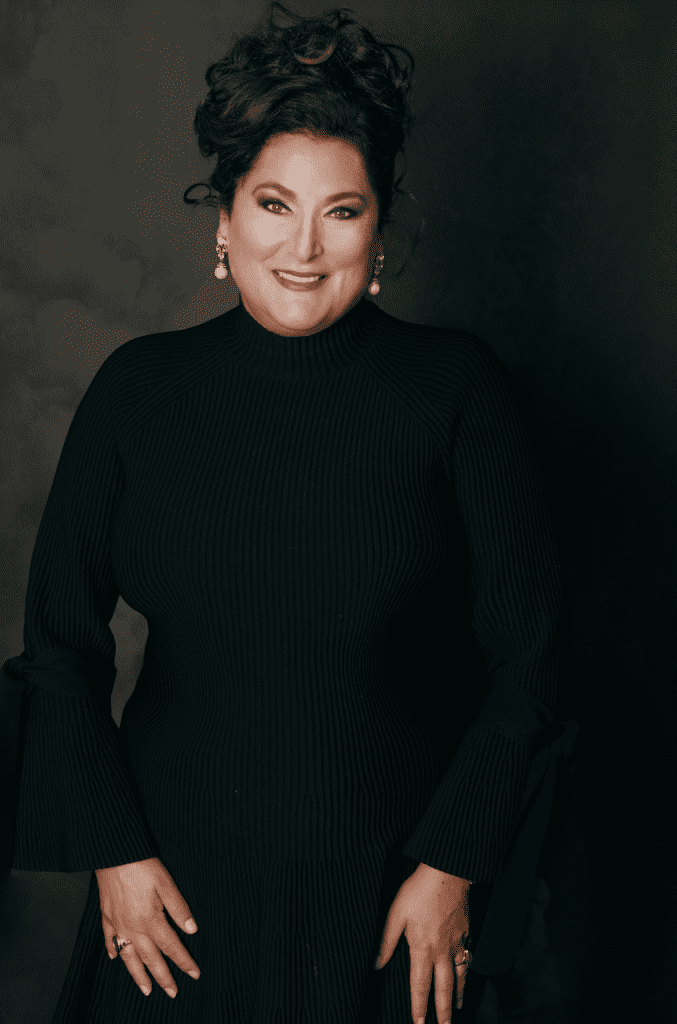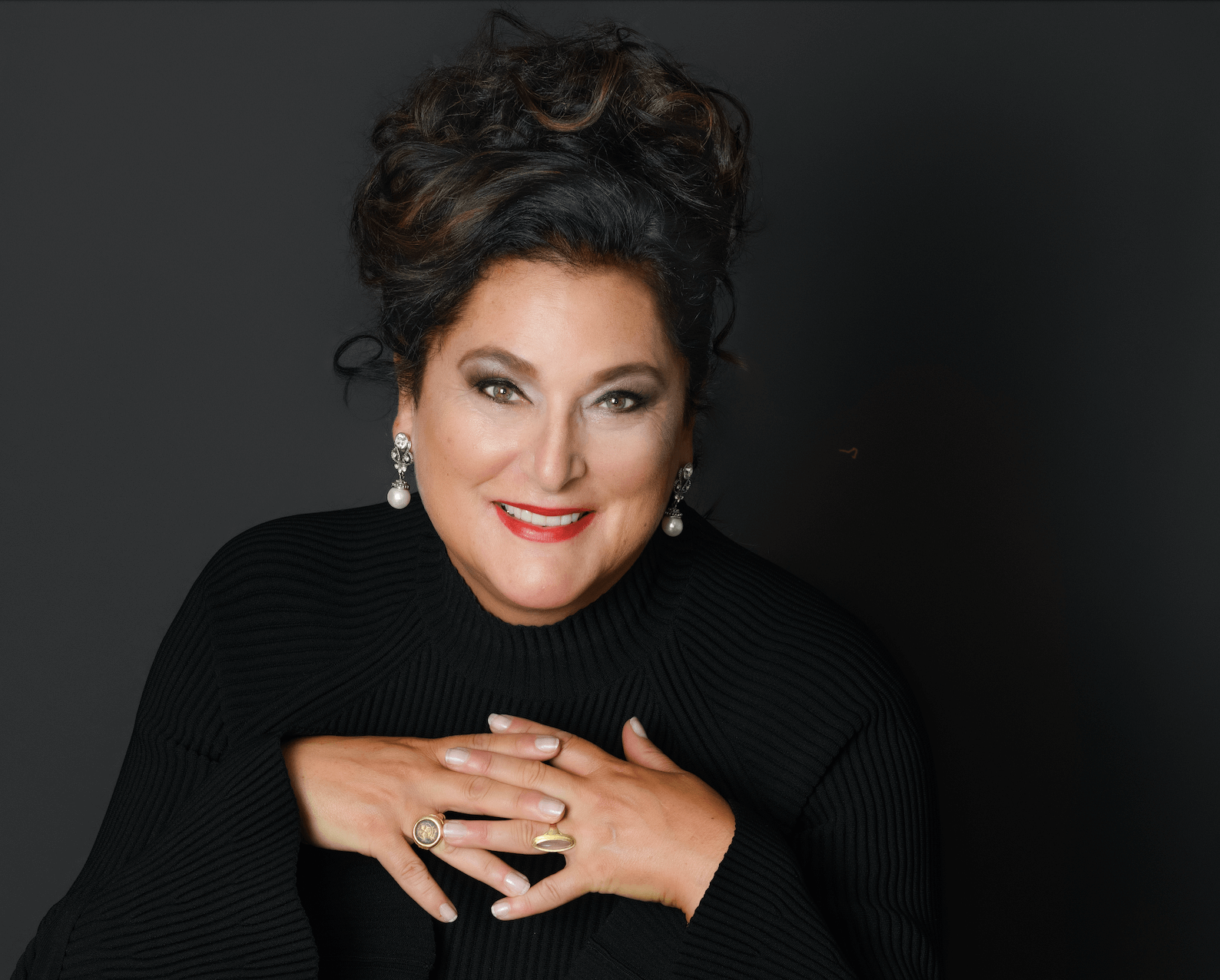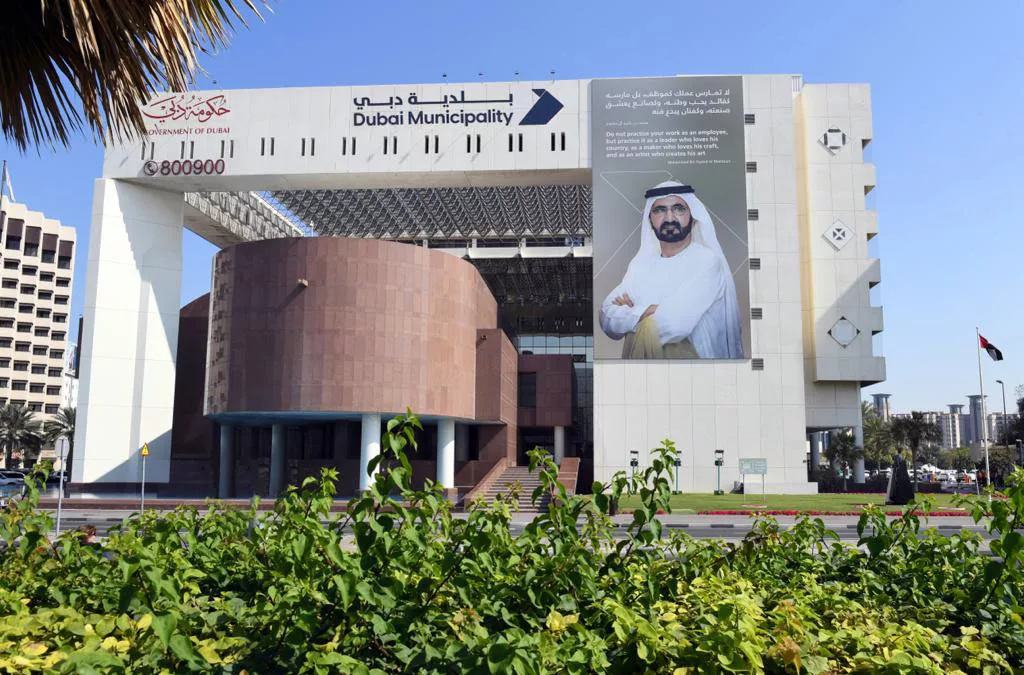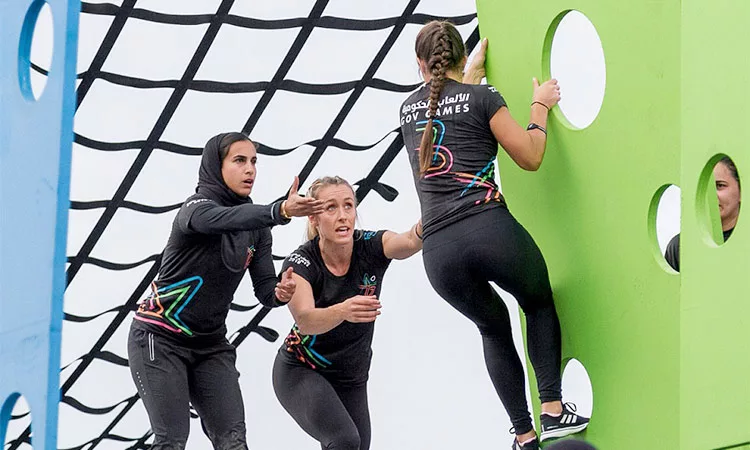Recently, the U.S. Department of State announced the selection of Prof. Dr. Jasmin Cowin of Touro University for an English Language Specialist project focusing on Assessment and Artificial Intelligence in Russia. Dr. Cowin is part of a select group, as her project is one of approximately 240 that the English Language Specialist Program supports each year. Prof. Cowin will serve as an English Language Specialist as plenary speaker and deliver a workshop for university professors and graduate students in Russia as part of a regional conference dedicated to linguistics, language teaching, and assessment.
In this interview we ask Dr. Jasmin Cowan about her experience and her thinking when it comes to various aspects of overcoming obstacles and achieving success.

Dr. Jasmin Cowin is an Associate Professor at Touro University, a Fulbright Scholar, an SIT Graduate, a past Education Policy Fellow at Columbia University, Teachers College, a U.S. Department of State English Language Specialist and harpist. Living in the era of the Fourth Industrial Revolution, she acknowledges the significant role she plays in preparing future educators who will teach well into the 2050s.
At the core of her personal and professional ethos lies a passionate commitment to Sustainable Development Goal 4, which aims to ‘ensure inclusive and equitable quality education and promote lifelong learning opportunities for all.’ This goal serves as the guiding principle for her work both at Touro University and as a pro-bono advisor to various not-for-profits and teacher education organizations in the US, Burundi, Morocco, and Yemen. Dr. Jasmin Cowin believes that education ignites the imagination, serves as the foundation for prosperity, and opens doors to a multitude of opportunities in our increasingly interconnected global economy.
Closer to home, as a board member of ‘Today’s Students, Tomorrow’s Teachers’, she actively supports efforts to recruit, mentor, and train culturally diverse and economically challenged students from high school through college, with the objective of placing them as effective teachers and committed leaders who can strengthen schools and communities. Similarly, her involvement with Computers for Schools Burundi underscores her commitment to leveraging education and technology to enhance educational outcomes in Burundi. By providing computers, technical training, cultural competency training, and English language training founder and CEO Emmanuel Ngendakuriyo, his incredible team, and Dr. Jasmin Cowin, aim to bridge the digital divide and empower both educators, students, and communities in Burundi with the skills necessary for success in the 21st century.
As an educator, teacher, mentor, and advisor, Dr. Jasmin Cowin has seen firsthand how passion transcends transactional processes. Her drive to leave the world a better place through education and technology goes beyond conventional metrics of success. It is about nurturing potential, fostering diversity, and creating lasting, positive change.
In the past year, what is the greatest business achievement you have achieved?
I am honored to have been selected by the U.S. Department of State for a prestigious English Language Specialist project focusing on assessment in education and Artificial Intelligence in Russia. My project, one of approximately 240 supported annually by the English Language Specialist Program, will involve serving as a plenary speaker and delivering a workshop for university professors and graduate students at a regional conference dedicated to linguistics, language teaching, and assessment. In addition, in 2023, I presented at the TESOL International conference in Portland and went to Morrocco and Germany to conduct workshops for both educators and students.
Business is all about overcoming obstacles and creating opportunities for growth. What do you see as THE real challenge right now?
In the context of my work, and reflecting on my journey and ethos as an educator I am deeply invested in transformative education and the principles of Lynda Miller’s philosophy of abundance. For me the paramount challenge today is navigating the complexities of a Volatile, Uncertain, Complex, Ambiguous ( VUCA) world, especially with the rapid advancement of AI. This VUCA environment directly impacts all facets of our work and heralds a fundamental shift in how we should prepare our future workforce. This shift requires of being fully informed through discussion, vetting, and the responsible integration of AI and 4IR (Fourth Industrial Revolution) innovations into education and work.
For me, this VUCA world presents a double-edged sword: challenges and potential, but also risks and unintended consequences. While the rapid advancement of AI undeniably shapes the global business landscape, its integration into education requires cautious consideration. We must not solely focus on technological prowess at the expense of nurturing crucial human qualities like resilience, adaptability, and ethical judgment. Truly transformative education, therefore, necessitates a balanced approach that critically evaluates the role of 4IR technologies in learning, ensuring they serve as tools to augment, not replace, the irreplaceable human element in education.
My focus on quality education, aligned with the United Nations Sustainable Development Goal 4, positions me to address these challenges head-on. Through initiatives like Computers for Schools Burundi (CfSB) and TESOL “Train the Trainer” programs in Yemen and Morocco, I contribute to building a globally competent, technologically savvy, and ethically grounded teacher workforce. These programs, underpinned by a philosophy that views diversity and individual experiences as assets filled with positivity and optimism, are particularly valuable in preparing students and educators alike for the complexities of a VUCA world.
Moreover, the integration of AI into educational practices is not just about teaching technical skills; it’s about fostering a mindset that is prepared for continuous learning, ethical reasoning, and adaptability in the face of uncertainty. This involves cultivating an ethos among students and educators that values critical thinking, creativity, and the ethical use of technology, ensuring collectively we are not only consumers of AI but also informed contributors to a society that leverages AI for the common good.
What does “success” in the year to come mean to you? It could be on a personal or business level, please share your vision.
Success in the forthcoming year, from my perspective, centers on advancing my research and practical applications within metaverses like Agora World. This endeavor aims to revolutionize educational spaces for educators in training, both domestically and internationally. By integrating cutting-edge virtual environments, the goal is to transcend traditional learning methodologies, offering immersive and interactive experiences that cater to the evolving needs of educators and students.
Simultaneously, my work with simSchool in simulation training underscores my commitment to enhancing pedagogical strategies. This involves using simulations to prepare educators more effectively, by providing them with realistic scenarios and challenges they are likely to encounter in their classrooms.
Expanding my keynote speaking engagements is another facet of my goal for 2024/2025. By sharing my insights at various forums, I aim to influence the educational landscape positively. My perspective on success is fundamentally anchored in a non-transactional philosophy. It champions the idea of experiences as invaluable assets, imbued with positivity and optimism. Such a stance is crucial in counteracting the often dystopian narratives that pervade our contemporary discourse.
Personally, nearing the end of a decade and looking at a different life stage, I often reflect on [28] With them the Seed of Wisdom did I sow by Omar Khayyam (English version by Edward FitzGerald, Original Language Persian/Farsi):
With them the Seed of Wisdom did I sow,
And with my own hand labour’d it to grow:
And this was all the Harvest that I reap’d —
“I came like Water and like Wind I go.”
This particular quatrain from the poem “Rubáiyát of Omar Khayyám,” translated by Edward FitzGerald encapsulates for me a philosophical reflection on life, wisdom, and the transient nature of human existence. Omar Khayyám, a Persian mathematician, astronomer, philosopher, and poet, is known for his exploration of the universe’s mysteries and the human condition through his poetry. For me, the lines metaphorically discuss the poet’s journey of sowing the “Seed of Wisdom,” signifying the pursuit of knowledge and understanding throughout one’s life. The act of sowing and laboring with his own hands indicates a personal and active engagement in this quest for wisdom. However, the harvest or the outcome of this lifelong endeavor is described in a poignant realization: “I came like Water and like Wind I go.” This statement reflects on the ephemeral nature of life and achievements, suggesting that despite the efforts and wisdom gained, one’s existence and accomplishments are as transient as the elements of water and wind. This quatrain, therefore, speaks to the humility and acceptance of the limits of human life and achievements. I need to acknowledge that despite my deepest endeavors to understand and bring joy to the world around me, I am ultimately part of the natural cycle, coming and going with the fluidity of water and the fleetness of wind.
In your experience, what tends to be the most underestimated part of running a company? Can you share an example?
Given the multifaceted nature of my role as a pro bono consultant, keynote speaker, conference organizer, workshop provider, and full-time Associate Professor, the underestimated parts of managing such a diverse portfolio revolve around several critical but often overlooked aspects. Even in a pro bono capacity, the administrative tasks can be substantial. This includes planning and coordinating events, managing communication with multiple organizations, and preparing materials for workshops and presentations, and keeping track of my expenses. The paperwork and logistical coordination involved in these activities can consume a significant amount of time and energy. I need to be very cognizant of pacing and focus given the diversity of my engagements. Pacing myself and maintaining focus becomes crucial. It’s easy to become overwhelmed by the sheer volume of work or to get sidetracked by new opportunities that arise from my engagements. Staying focused on my objective of SDG 4 and pacing my efforts to avoid burnout are essential strategies. In regards to self-care and maintaining personal space, it is critical to recognize the signs of overcommitment and to understand the value of saying no to protect my well-being.










